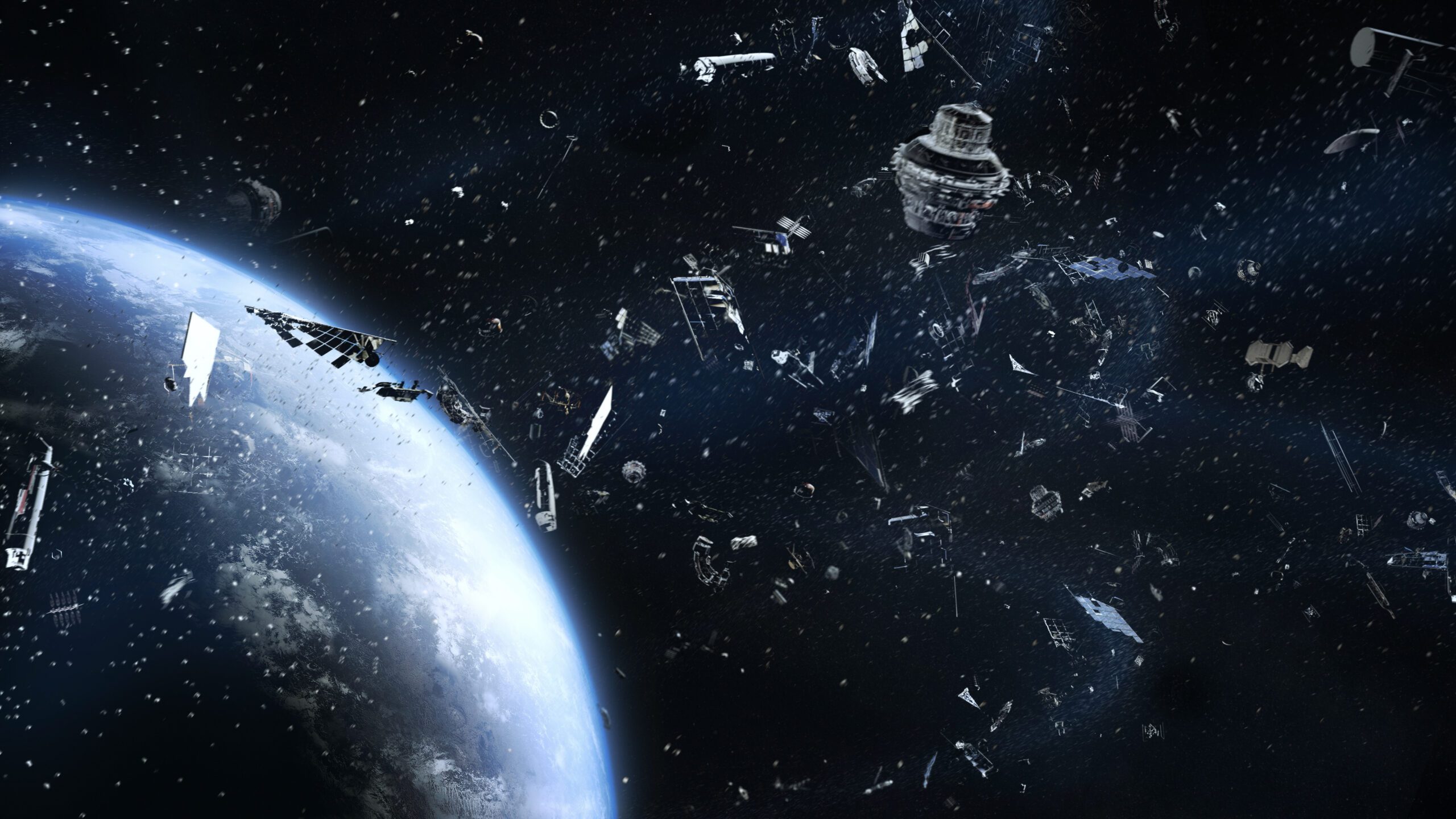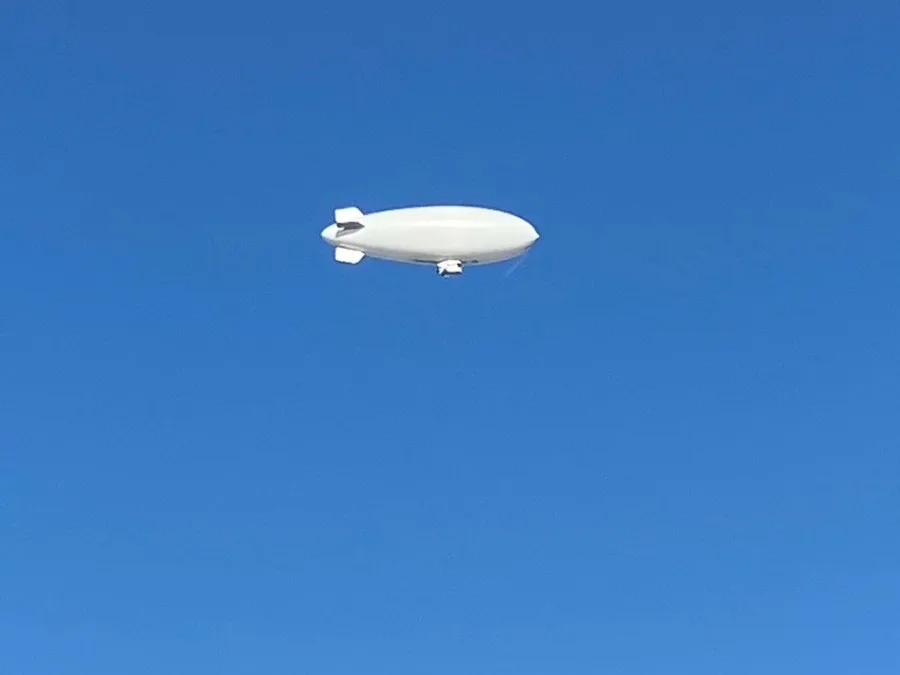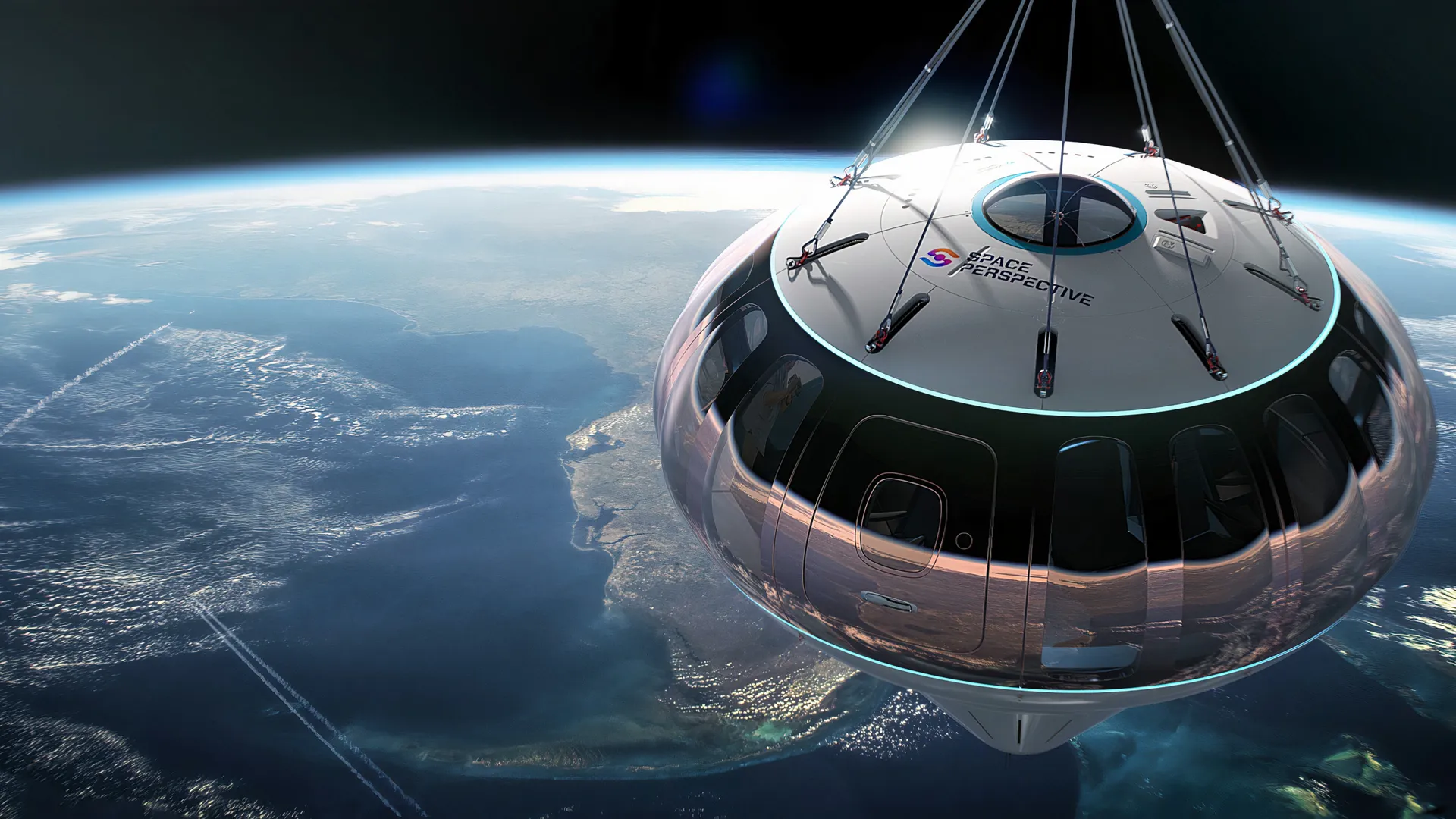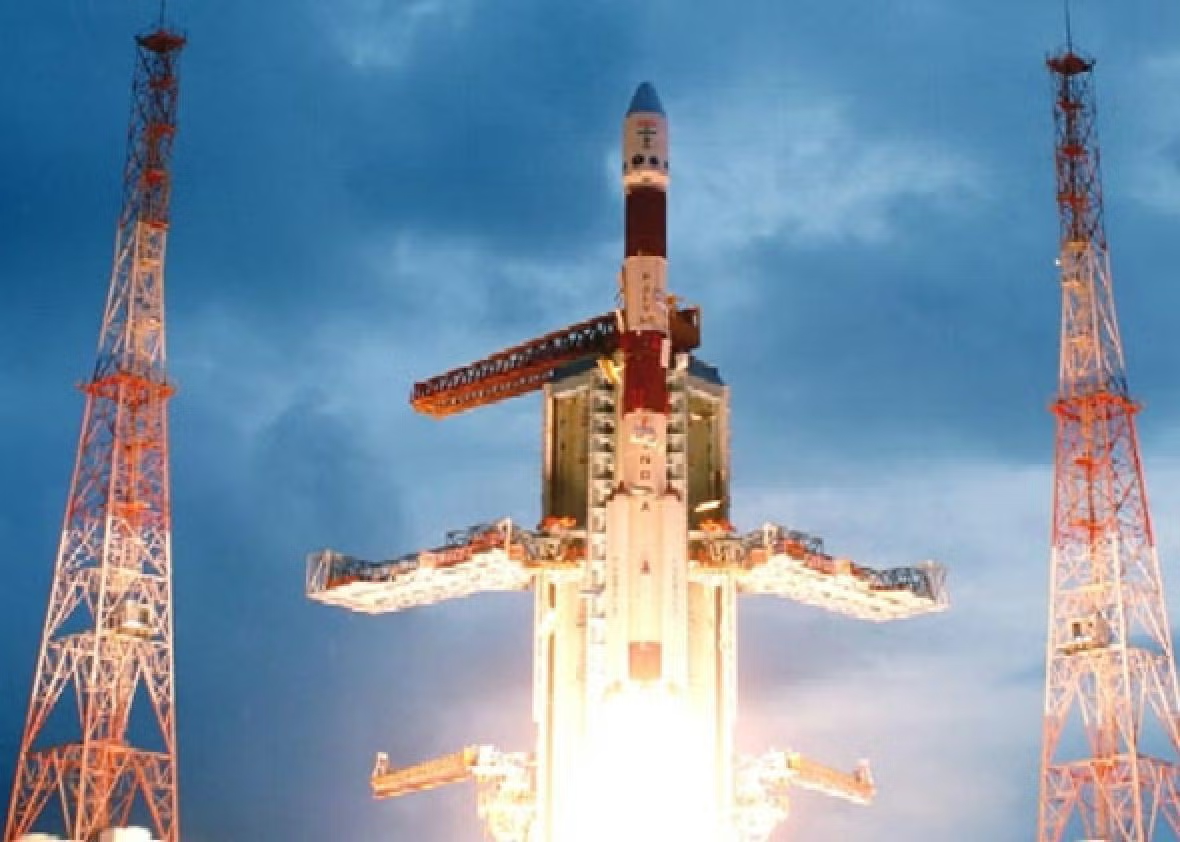Now Reading: Space Junk: A Growing Threat Above Earth
-
01
Space Junk: A Growing Threat Above Earth
Space Junk: A Growing Threat Above Earth

Every rocket launch and satellite mission has added to a problem that now circles silently above us—space junk. From broken satellites to fragments of old rockets, millions of pieces of debris orbit Earth, posing risks to spacecraft and the systems we depend on daily. For many in India’s smaller cities who rely on satellite-based internet, navigation, or weather updates, this issue is far more relevant than it may appear at first glance.
The scale of the problem is enormous. Even a tiny piece of debris traveling at thousands of kilometers per hour can damage a functioning satellite. Larger objects, like defunct satellites, threaten collisions that could create even more fragments. This chain reaction, often called the “Kessler Syndrome,” is one of the greatest concerns for scientists and space agencies today.
The impact is not just technical—it is economic too. Satellites guide flights, support mobile networks, and power digital services that reach into Tier 2 and Tier 3 cities. A damaged satellite could mean disruptions in weather forecasting, GPS navigation, and even digital payments. For a country like India, which is pushing towards digital growth in smaller towns, space junk is not a distant worry but a real challenge.
Efforts are being made to reduce the threat. Agencies are exploring ways to track debris more accurately, design satellites that burn up completely when re-entering the atmosphere, and even build systems to clean up space. India’s space program, known for cost-effective solutions, could also play a role in creating technologies that make space safer for all.
Critics argue that cleanup projects are expensive and that international cooperation is slow. Yet, without action, the risks could multiply, making future space missions more dangerous and costly.
The issue of space junk reminds us that space is not limitless. Just as cities on Earth must manage waste, so too must humanity learn to manage its footprint beyond the atmosphere. For India’s growing digital economy, especially in smaller cities that depend heavily on satellites, tackling space junk is not just a scientific responsibility—it is a necessity for progress

























